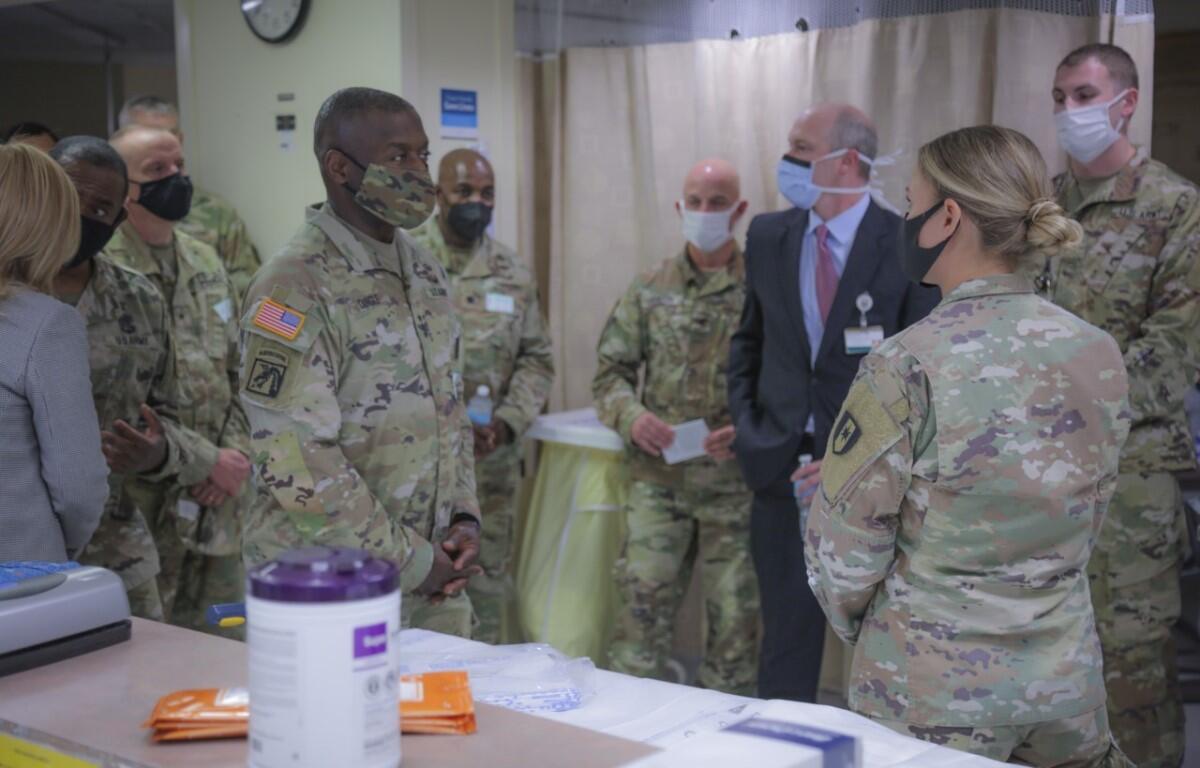FORT CAMPBELL, KY – A military-civilian partnership between Army Medicine and Vanderbilt University Medical Center, in Nashville, helps keep soldiers ready to answer the nation’s call.
Called AMEDD Military-Civilian Trauma Team Training, these partnerships were developed under the Army Medical Skills Sustainment Program to place military trauma teams in Level 1 civilian trauma centers to optimize real-world training.
The joint training at VUMC is designed to fulfill the clinical training requirements of Soldiers in specific medical areas of concentration, in order to provide current and competent health care personnel in support of the National Security Strategy.
“There was a time, when at the height of combat, the Army, the Air Force, the Navy, were doing surgeries and trauma at an unprecedented level, but now that combat operations have died down, it requires us to do things differently,” said Lt. Gen. R. Scott Dingle, U.S. Army Surgeon General and Commanding General U.S. Army Medical Command, during his recent visit to Fort Campbell and VUMC.
Dingle said that going back to a peacetime environment, Army Medicine still has to be ready to respond to trauma injuries and cannot let those skills degrade. In order to do that, military to civilian partnerships were established.
Some common types of traumatic injury seen in the nation’s trauma centers include traumatic brain injury, spinal cord injuries and fractures, amputations, broken bones, cuts and puncture wounds, massive hemorrhage and collapsed lung and are similar to those sustained in combat.
At VUMC, Dingle observed and spoke with soldiers from medical career fields like surgeons, combat medic specialists, nurses and other specialties working side-by-side with their civilian counterparts providing trauma care to patients with serious to life threatening injuries.
“That is why we have to establish military and civilian partnerships in our cities and towns at Level 1 trauma centers like right here in Nashville, where soldiers can be exposed to the trauma that they will experience in combat,” said Dingle. “I can’t generate that in my military medical treatment facilities, which is why this is an epic partnership that is producing our nation’s best military providers.”


